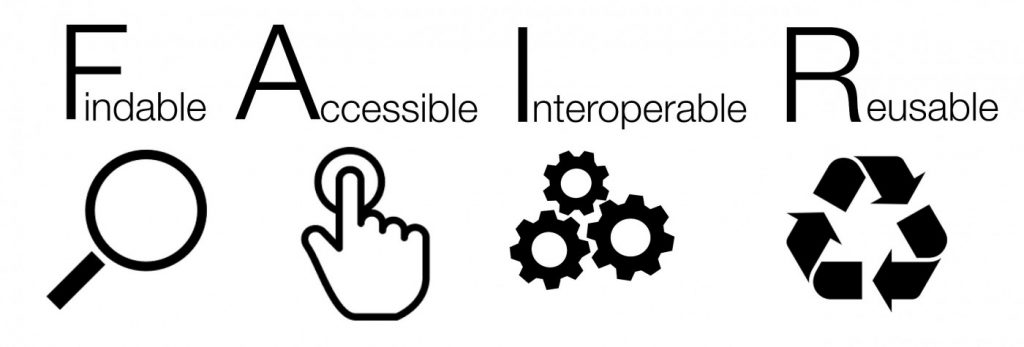Prof. Amanda Korstjens recently published her research data on BORDaR, BU’s research data repository, for her paper: Environmental factors are stronger predictors of primate species’ distributions than basic biological traits.
Many funders and journals require the data supporting research publications to be deposited for long-term preservation because of its value to future research. Here’s what Prof. Korstjens had to say:
Q – What’s most exciting about your research?
A – As environments are changing across the globe, we expect many animals to struggle to survive under the new conditions, but to predict how different species will cope with the new situation, we need to understand which biological traits of that animal explain their association with particular environments. If we understand the relationship between the biological traits needed for coping with particular environments, especially the kind of environments that will become more common in future, then we can develop more effective mitigation strategies to preserve these animals. For example, in theory we would expect a clear relationship between warm dry environments and primates that travel on the ground. This study looks at the environmental variables that influence the distribution of primates across the African continent and investigates for the first time which biological traits of different primate species are associated with which environmental variables.
Q – What do you see as being the benefits of making your data available?
A – Most researchers would like to access datasets to use them for future comparative studies and to check for themselves how they agree or disagree with the findings of the study. Providing data open access improves traceability and accountability. Most journals also request open access data publication , where possible.
Q – Any advice you would give to anyone about managing their data effectively for successful deposit?
A – Making sure your data is well organized and referenced.
Q – Anything else you want to say about your data or the process?
A – The process was relatively straightforward. You can ask questions about anything you don’t understand or are not sure about because you are safe in the knowledge that the library team will check your entry for you. This also makes it easier to feel confident that you are not releasing data that are sensitive or not allowed to be open access for other reasons. The library team was fantastic in guiding me through the process and checking what I uploaded, even when I was rushed and trying to do things last minute.
The data can be accessed openly here: https://doi.org/10.18746/bmth.data.00000142
What support is available for researchers?
The library offers guidance and support for data management from bid preparation (Data Management Plans) to deposit in BORDaR, BU’s research data repository. Visit our research data management guide or email us at: bordar@bournemouth.ac.uk













 Conversation article: London Marathon – how visually impaired people run
Conversation article: London Marathon – how visually impaired people run Horizon Europe News – December 2023
Horizon Europe News – December 2023